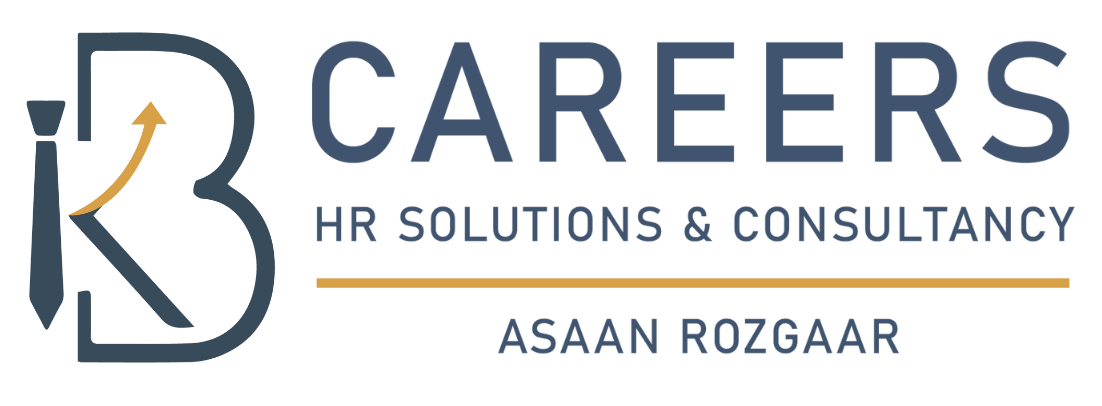15 Reasons You Shouldn’t Ignore ADHD In Women Symptoms
ADHD in Women: Symptoms, Diagnosis, and Treatment
Attention Deficit Disorder (ADHD) is typically associated with hyperactive young kids; however, it is significantly recognized that women and women can exhibit symptoms of ADHD, frequently in less overt ways. Recently, research has actually exposed that ADHD can develop in a different way in women, resulting in unique obstacles in medical diagnosis and treatment. This article will check out the symptoms of ADHD in women, the aspects that influence its presentation, and the readily available treatments.
Comprehending ADHD in Women
ADHD is identified by patterns of negligence, hyperactivity, and impulsivity. While these symptoms are well-documented, the expression of ADHD can vary considerably in between genders.
Common Symptoms of ADHD in Women
-
Inattention: Women with ADHD might battle with focus and sustaining attention on tasks. This might manifest as problem arranging jobs or keeping an eye on assignments, resulting in feelings of disappointment.
-
Emotional Dysregulation: Many women with ADHD experience intense emotions. They may feel overloaded by tension and have difficulty handling their responses, resulting in mood swings or irritation.
-
Verbal Communication Issues: Women are frequently mingled to focus on communication, and as such, they might appear significant. However, many struggle with listening and might miss social cues or stop working to follow discussions effectively.
-
Lapse of memory: Women with ADHD often forget daily jobs and responsibilities, from appointments to family tasks, which can contribute to sensations of insufficiency.
-
Chronic Disorganization: This includes troubles in keeping spaces neat– chaotic homes or work areas prevail indications of ADHD.
-
Low Self-Esteem: Persistent struggles with typical jobs may result in feelings of failure, causing low self-confidence or stress and anxiety conditions in women.
Educational and Occupational Impact
The symptoms of ADHD can result in significant difficulties in academic and professional settings, including:
- Difficulty meeting due dates: Women may procrastinate due to overwhelm.
- Struggles in group settings: Women might be reluctant to speak out, feeling that their input is not important.
- High turnover in tasks: Due to challenges with company and maintaining interest, women may frequently move in between positions.
Elements Influencing ADHD Presentation
The hormonal distinctions in women, particularly changes in estrogen and progesterone, can impact the intensity of ADHD symptoms. For instance, many women report intensified symptoms during premenstrual syndrome (PMS), pregnancy, or menopause.
Diagnosis of ADHD in Women
Identifying ADHD in women can be complicated. Symptoms may be masked by co-occurring psychological health concerns such as anxiety or anxiety, leading to underdiagnosis or misdiagnosis. Health care specialists utilize a combination of individual history, interviews, and standardized ranking scales to identify a medical diagnosis.
| Diagnostic Criteria | ADHD Symptoms in Women |
|---|---|
| Negligence | Difficulty sustaining attention, poor organization |
| Hyperactivity | Less noticeable; might present as restlessness |
| Impulsivity | Psychological outbursts, problem waiting or listening |
Treatment Options for ADHD in Women
Dealing with ADHD in women typically requires a complex technique, addressing both the symptoms of ADHD and any associated concerns, such as anxiety or anxiety. Treatment alternatives include:
-
Medication: Stimulants such as methylphenidate and amphetamines are typically recommended. Non-stimulant options might likewise be considered depending on private symptoms and preferences.
-
Psychotherapy: Cognitive Behavioral Therapy (CBT) can help women develop coping strategies, supply psychological support, and address low self-esteem.
-
Training and Organizing Support: Working with ADHD coaches or expert organizers can provide useful strategies for handling everyday tasks and enhancing organizational skills.
-
Way of life Changes: Exercise, a healthy diet, and mindfulness practices can enhance total wellness and reduce symptoms.
Complementary Strategies
Women may also discover success integrating the following methods into their daily regimens:

- Time Management Tools: Digital coordinators and apps can assist in tracking jobs and due dates.
- Mindfulness Practices: Techniques such as meditation may help improve focus and emotional policy.
- Support system: Connecting with others dealing with comparable difficulties can supply emotional assistance and shared experiences.
Regularly Asked Questions (FAQs)
Q1: Can ADHD be identified in adulthood?A1: Yes, ADHD can be detected at any age. Many women are diagnosed in the adult years after recognizing patterns of inattention and lack of organization. Q2: Why is ADHD typically underdiagnosed in women?A2: Women might provide symptoms differently than males, focusing more on inattentiveness rather
than hyperactivity, causing a lack of recognition of the disorder by healthcare suppliers. Q3: Are there any danger elements for establishing ADHD in women?A3: Genetic predisposition plays a substantial role.
Other aspects include household history of ADHD and ecological impacts such as prenatal direct exposure to toxins. Q4: Can way of life modifications assist handle ADHD symptoms?A4: Yes, workout, a balanced diet, correct sleep, and mindfulness practices can positively affect symptoms and general well-being. ADHD in women is a complex and frequently misconstrued
condition. Comprehending the specific symptoms that women face can lead to better medical diagnosis and treatment options. By acknowledging the nuances of ADHD and supplying assistance, women can successfully manage their symptoms and lead fulfilling lives. Increased advocacy and awareness will continue to pave the method for much better resources and support systems for women living with ADHD. Dealing with ADHD needs a holistic method that thinks about the distinct experiences of women, acknowledging that with the right tools and assistance, handling ADHD is not simply possible– it’s achievable.



